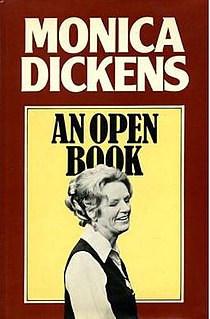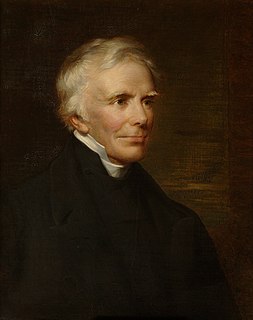A Quote by Edward Bulwer-Lytton, 1st Baron Lytton
It is noticeable how intuitively in age we go back with strange fondness to all that is fresh in the earliest dawn of youth. If we never cared for little children before, we delight to see them roll in the grass over which we hobble on crutches. The grandsire turns wearily from his middle-aged, careworn son, to listen with infant laugh to the prattle of an infant grandchild. It is the old who plant young trees; it is the old who are most saddened by the autumn; and feel most delight in the returning spring.
Quote Topics
Related Quotes
The truth is, part of me is every age. I’m a three-year-old, I’m a five-year-old, I’m a thirty-seven-year-old, I’m a fifty-year-old. I’ve been through all of them, and I know what it’s like. I delight in being a child when it’s appropriate to be a child. I delight in being a wise old man when it’s appropriate to be a wise old man. Think of all I can be! I am every age, up to my own.
Those who have lost an infant are never, as it were, without an infant child. Their other children grow up to manhood and womanhood, and suffer all the changes of mortality; but this one alone is rendered an immortal child; for death has arrested it with his kindly harshness, and blessed it into an eternal image of youth and innocence.
You know, you take a little infant and you turn on the music mobile on their crib and you find that if you give them a music mobile which turns on automatically versus a music mobile in which - if by chance their little legs or their little hands accidentally touches it - turns on they're so much more excited if by chance it turns on because they touched it, so that desire for control over their environment is... really appears from very early on and if you look at children's first words, "no, yes."
Can I see another's woe, And not be in sorrow too? Can I see another's grief, And not seek for kind relief? Can I see a falling tear, And not feel my sorrow's share? Can a father see his child Weep, nor be with sorrow filled? Can a mother sit and hear An infant groan, an infant fear? No, no! never can it be! Never, never can it be!
One of the least arduous but most productive of gardening jobs, the magic of deadheading never fails to delight me. It was a revelation when the principle was explained to me: that flowers are the attempt by the plant to reproduce itself. So if you cut the heads off before the flower turns into seeds, the plant will continue to flower.
Never have I enjoyed youth so thoroughly as I have in my old age. In writing Dialogues in Limbo, The Last Puritan, and now all these descriptions of the friends of my youth and the young friends of my middle age, I have drunk the pleasure of life more pure, more joyful than it ever was when mingled with all the hidden anxieties and little annoyances of actual living. Nothing is inherently and invincibly young except spirit. And spirit can enter a human being perhaps better in the quiet of old age and dwell there more undisturbed than in the turmoil of adventure.
If you have it, it is for life. It is a disease for which there is no cure. You will go on riding even after they have to haul you on a comfortable wise old cob, with feet like inverted buckets and a back like a fireside chair... when I can't ride anymore, I shall still keep horses as long as I can hobble about with a bucket and a wheelbarrow. When I can't hobble, I shall roll my wheelchair out to the fence of the field where my horses graze, and watch them.
When we're young, everyone over the age of thirty looks middle-aged, everyone over fifty antique. And time, as it goes by, confirms that we weren't that wrong. Those little age differentials, so crucial and so gross when we are young erode. We end up all belonging to the same category, that of the non-young. I've never much minded this myself.
My granda always told me that fall's the time to root up something you don't want coming back to trouble you.' Kote mimicked the quaver of an old man's voice. 'Things are too full of life in the spring months. In the summer, they're too strong and won't let go. Autumn...' He looked around at the changing leaves on the trees. 'Autumn's the time. In autumn everything is tired and ready to die.






































